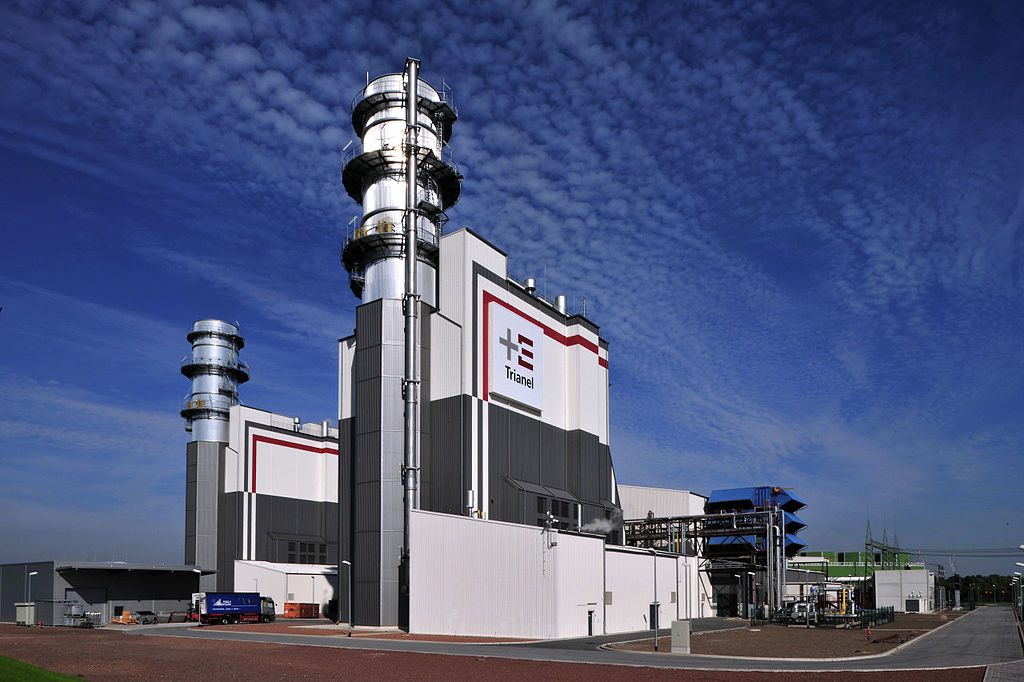Although Russia has throttled gas supplies to Germany, German gas-fired power plants generated 4000 GWh of electricity in May. This is a new record for the month of May. In parallel, Robert Habeck calls on German citizens to save energy. Citizens should lower the temperature in their living rooms and shower less in order to be able to fill the gas storage tanks sufficiently for the next winter.
Gas-fired power plants run at full speed in May despite gas shortage
Using gas-fired power plants to generate electricity makes no sense for many reasons. On the one hand, gas-fired power plants have a very poor efficiency and, on the other, the price of gas has already risen very sharply. Both of these factors increase the price of electricity, which is already very high, even more. In addition, the gas storage facilities throughout Europe are almost empty. Due to the reduced supply volumes from Russia, it is now critical to fill them in time for the coming winter. In this situation, it is irresponsible to burn vast quantities of natural gas to generate electricity. After all, with the shutdown of nuclear and coal-fired power plants, other sources are available for electricity generation that can also produce electricity more cheaply.

Image: Possi88, CC BY 3.0, via Wikimedia Commons
Natural gas not quickly replaceable in industry and private households
In contrast, natural gas cannot be replaced so quickly in many industrial processes and in private households. After all, almost 50 percent of German households heat their homes with gas. These heaters cannot be switched to other energy sources so quickly. This makes it all the more important to save as much gas as possible.
Coal-fired power plants operated at reduced capacity in the same period
What was also striking about the record production of the gas-fired power plants was that the electricity production of the lignite and coal-fired power plants still in the grid was throttled during the same period. Energy expert Bruno Burger from the Fraunhofer Institute said: “Those that were still running were not running at their capacity limits, so they could produce more electricity. Hard coal and lignite power plants were therefore not running at full capacity in May. They could have lowered electricity prices. In view of these events, the Federal Network Agency or the Federal Cartel Office could use the data on electricity generation and power plant utilisation to check whether there may have been a withholding of capacities for lignite and hard coal.”
France and Austria also with record electricity generation from gas-fired power plants
In the same month last year, German gas-fired power plants generated 3000 GWh, a good 1000 GWh less electricity. However, electricity generation from gas-fired power plants also reached record levels in France and Austria in May. The French produced 2,700 GWh of natural gas electricity and the Austrians 599.5 GWh. And this despite the fact that natural gas was extremely expensive and scarce throughout Europe.
